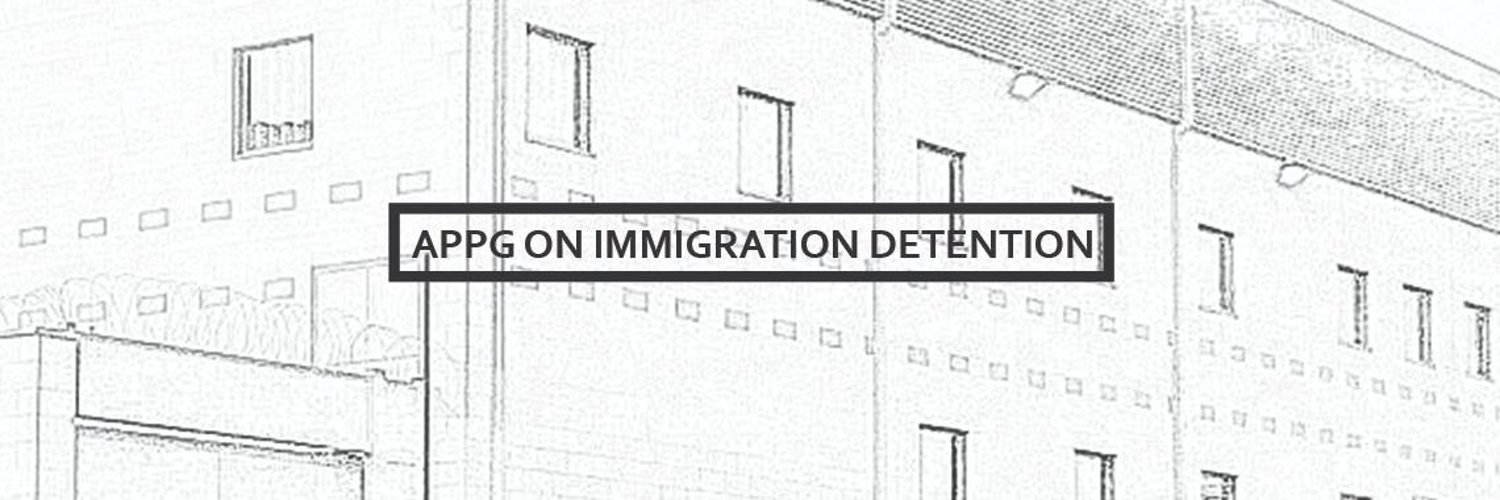At our recent members’ meeting we heard from Elspeth MacDonald from Medical Justice, who had played a key role in the report from the APPG on detention into the use of quasi-detention. She was also able to update us on a recent visit that members of the APPG had made to Napier Barracks in Kent.
The APPG on Detention has described the UK Government’s use of large-scale institutional sites, such as former military barracks and a temporarily ‘re-designated’ Immigration Removal Centre (IRC), as asylum accommodation as ‘quasi detention.’
The key point to come out of the inquiry is that by their very nature the sites put the mental health and wellbeing of people seeking asylum at risk. They are fundamentally unsuitable sites for asylum accommodation and no amount of “improvements” at the same sites could make them acceptable. In particular the inquiry found that the sites:
– are prison-like in nature and so potentially re-traumatising for many residents
– are characterised by a prevalence of shared facilities including dorms, bathrooms and dining facilities, leading to a noisy environment with lack of privacy, sleep disruption and resulting mental health impacts
– make it very difficult for people to disclose sensitive information (e.g. history of trafficking) as there is no privacy and residents do not feel safe. This therefore impacts how effectively residents can engage with the asylum system, healthcare, etc
– involve significant surveillance of and restrictions on residents’ movements
– tend to be in isolated locations, and have become targets for racist and anti-migrant protests leading to residents being harassed and abused
– are lacking in covid-19 safety measures.
We urge you to read this report, and this is an issue that we as a network of over 50 organisations will be keen to take action on over the coming months.





